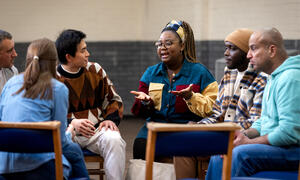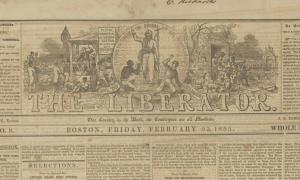Advocating for Honest History Education: A Resource for Parents and Caregivers


Learning for Justice is relaunching the Teaching Hard History podcast series with host Hasan Kwame Jeffries, Ph.D., to resist current efforts to erase and alter our nation’s history. As we celebrate Juneteenth, we uplift liberation and Black joy and culture. And we commit to learning and teaching the hard history that is foundational to the United States and the ongoing movement for freedom and equality.


Celebrate Black History Month and resist attempts to erase the democratic values of justice, equity, inclusivity and diversity — our nation’s strengths. Black history in the United States includes understanding Black people’s resilience and contributions to our nation, along with strategies for coalition-building and justice movements that are essential today. Learning for Justice offers the following resources to help discuss, teach and learn from Black history all year long.
